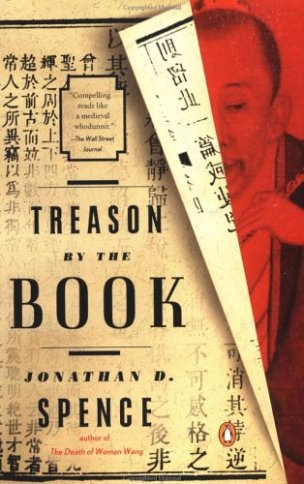I post this from Worcester, Massachusetts, where I’m close to wrapping up my time doing research at the American Antiquarian Society.
Since that’s the case, you might be wondering, “Why is Jonathan posting about a European historian of the last generation?”
One of my secondary goals for my sabbatical has been to read books that are outside the normal circle of my professional interests in early American history.
For a number of years, I’ve wanted to take the time to read Barbara Tuchman, but I haven’t. My interest in Tuchman stretches back to my college days, when several of my European history professors mentioned her. One of them even used a Tuchman book as lighter reading for a 19th century Europe class. (Since I was auditing that class, I decided I needed to be reading other things at the end of a semester.)

Photo from http://en.wikipedia.org/wiki/Barbara_Tuchman
In spare time this year, though, I plowed through both Tuchman’s The Proud Tower and her most famous work The Guns of August. They’ve actually been released together in a Library of America edition, which looks great but at over 1200 pages is a bit heavy to hold.
The Proud Tower is subtitled A Portrait of the World Before the War, 1890-1914. Tuchman believes that something as horrendous as the Great War doesn’t emerge out of serene circumstances. Thus, even though the early twentieth century seems in retrospect to have been a belle epoque, Tuchman wants to dig down and find the tumult below the surface. Of course, she doesn’t have far to look, from labor unrest to the anarchic art of The Rites of Spring to the Dreyfuss Affair. On the other hand, this was also the era of intermarried noble houses and usually capable aristocrats, including Lord Salisbury (who exercised by riding an adult-sized tricycle). Overall, Tuchman thinks Europe increasingly welcomed chaos and therefore looked forward to the conflict that would destroy that older world.
This story thus links nicely to Tuchman’s Guns of August, which is centered around the moves of the European nations in the earliest days of World War I, culminating in the Battle of the Marne, which saved Paris but produced a protracted and tragic conflict. Here, I was struck by how narrowly focused the story was. There was an opening look at the military thinking in the various countries, but very quickly she began a daily accounting of the military moves in August 1914.
As an American historian working in 2013, I was struck by how the books are almost exclusively narrative. The argument is subsumed or non-existent. In The Proud Tower she makes the claim that “A phenomenon of such extended malignance as the Great War does not come out of a Golden Age.” This sets up her story, but it doesn’t suggest how the pieces fit together. Similarly, in The Guns of August, readers are expected to root for the French and hiss the Germans, but this attitude is never entirely explained.
I know that in Tuchman’s day, since she was writing for a popular audience and outside the academy, the question was often raised as to whether she was a “real” historian. This suggests to me that her writing did not sit well with many academic historians of past decades, either.
In a sense, Tuchman was the David McCullough of her day. Is that a fair comparison? I’d be interested if readers think there’s a parallel there.
I’m also aware that most European historians would have issues with her interpretations and sources. In a conversation with a friend, he pointed out that Tuchman (during the Cold War) only had limited access to archives, with only Western ones available. Further, she viewed the Great War as essentially the Germans’ fault, suggesting there was something Teutonic in their violence that produced the upheaval. They could be the bad guys in the story.
I would be curious if other European historians would have the same opinions.
I’m well aware that discussions of the fin de siecle and the causes of the Great War have advanced considerably since Tuchman wrote. Still, I wonder if there might be a lesson in her writing for professional historians. Might we benefit from studying her style, her ability to tell stories, even if they stretched out for hundreds of pages? She kept readers’ attention even while narrating military maneuvers in a single month. Let’s credit her for her lucid writing and adapt that to write clear and rigorous history that people inside and outside the guild will want to read.



